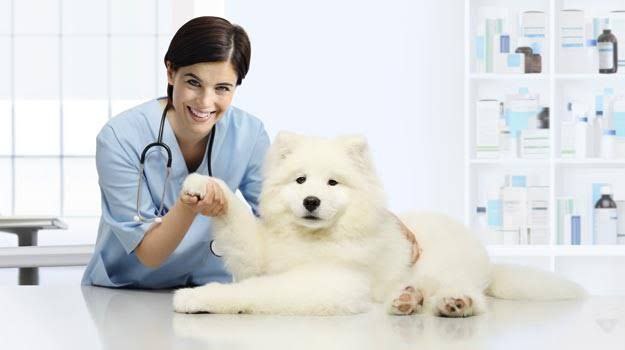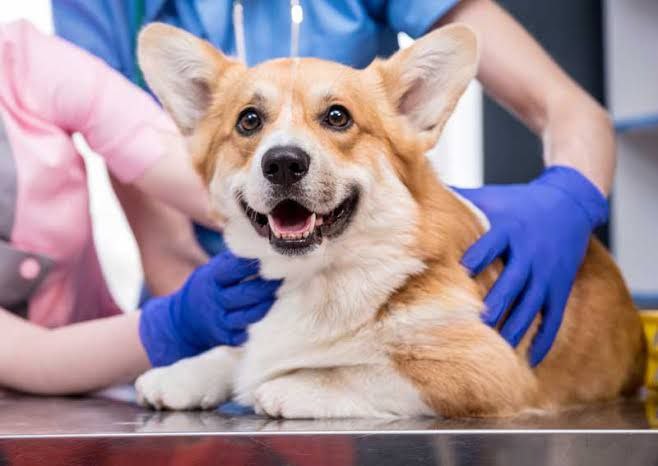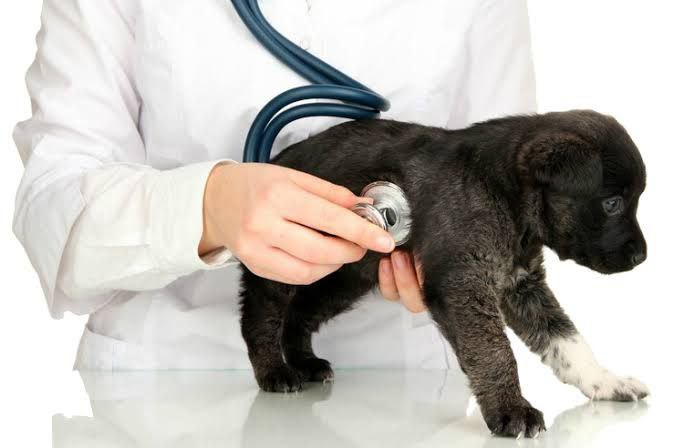my dog won’t eat or drink and is shaking
My Dog Won’t Eat or Drink and is Shaking – What Could It Mean?
When your dog refuses to eat or drink and is shaking, it can be concerning as it may indicate an underlying health issue. It’s important to observe your dog’s behavior closely and consider various factors that could contribute to these symptoms. While it’s recommended to consult with a veterinarian for a proper diagnosis, here are some potential causes and considerations:my dog won’t eat or drink and is shaking
Potential Causes of Refusing to Eat or Drink and Shaking
- Illness or Infection
- Dogs may refuse food and water and exhibit shaking as a response to an illness or infection. Common conditions include gastrointestinal issues, respiratory infections, urinary tract infections, and viral or bacterial infections.my dog won’t eat or drink and is shaking
- Pain or Discomfort
- Dogs experiencing pain or discomfort, whether from injury, dental problems, gastrointestinal issues, or other sources, may lose their appetite, avoid drinking, and shake as a result of their discomfort.my dog won’t eat or drink and is shaking
- Stress or Anxiety
- Dogs can show a loss of appetite and increased stress or anxiety due to various factors, such as changes in routine, new environments, separation anxiety, or traumatic experiences. Shaking may be a physical manifestation of their emotional distress.my dog won’t eat or drink and is shaking
- Temperature Regulation
- Shaking can be a way for dogs to regulate their body temperature. If they are feeling cold or experiencing a fever, they may shake in an attempt to warm up or cool down.
- Nausea or Digestive Issues
- Dogs may refuse food and water if they are experiencing nausea or digestive problems, such as gastritis, gastrointestinal blockages, or food intolerances. Shaking can be a response to the discomfort in their digestive system.my dog won’t eat or drink and is shaking
Immediate Actions to Take

If your dog is not eating or drinking and is shaking, it’s important to take immediate action to ensure their well-being:
- Monitor Vital Signs
- Check your dog’s vital signs, including their temperature, heart rate, and breathing. Abnormalities in these areas may indicate a more urgent situation requiring veterinary attention.
- Offer Water and a Balanced Diet
- Ensure fresh water is readily available to prevent dehydration. If your dog refuses to drink, you can try offering small amounts of water through a syringe or ice cubes to lick. Offer a balanced and easily digestible diet recommended by your veterinarian.
- Assess the Environment
- Create a calm and comfortable environment for your dog. Reduce stressors, loud noises, and excessive activity that may contribute to their anxiety or discomfort.
- Contact Your Veterinarian
- If your dog’s condition persists or worsens, it’s important to contact your veterinarian for professional guidance. They can evaluate your dog’s symptoms, perform a thorough examination, and recommend appropriate diagnostic tests or treatment.
When to Seek Veterinary Care
While some causes of a dog not eating or drinking and shaking may resolve on their own with home care, there are instances when immediate veterinary care is necessary. Contact your veterinarian or seek emergency assistance if your dog exhibits any of the following:my dog won’t eat or drink and is shaking
- Severe or Prolonged Symptoms
- If your dog’s symptoms worsen, become severe, or persist for an extended period, it may indicate a serious underlying condition that requires prompt veterinary attention.my dog won’t eat or drink and is shaking
- Other Alarming Signs
- Additional signs such as difficulty breathing, vomiting, diarrhea, pale gums, excessive lethargy, weakness, or collapse warrant immediate veterinary evaluation.my dog won’t eat or drink and is shaking
- Ingestion of Toxins or Foreign Objects
- If you suspect your dog has ingested a toxic substance or foreign object, do not wait for symptoms to develop. Contactmy dog won’t eat or drink and is shaking
When to Seek Veterinary Care
- Ingestion of Toxins or Foreign Objects
- If you suspect your dog has ingested a toxic substance or foreign object, do not wait for symptoms to develop. Contact your veterinarian or a pet poison control hotline immediately for guidance.my dog won’t eat or drink and is shaking
- Dehydration
- If your dog is not drinking and shows signs of dehydration such as sunken eyes, dry gums, or lethargy, it’s crucial to seek veterinary care promptly to prevent further complications.
- Persistent Shaking or Tremors
- If your dog’s shaking or tremors continue for an extended period, are accompanied by other abnormal movements or seizures, or if your dog appears distressed or in pain, it requires immediate veterinary attention.my dog won’t eat or drink and is shaking
Preventive Measures and Long-Term Care

To help prevent situations where your dog refuses to eat or drink and shakes, consider the following preventive measures and long-term care:
- Maintain a Healthy Diet and Hydration
- Provide your dog with a balanced and nutritious diet recommended by your veterinarian. Ensure access to clean and fresh water at all times to promote proper hydration.
- Routine Veterinary Care
- Schedule regular check-ups with your veterinarian to monitor your dog’s overall health and address any potential issues early on.
- Reduce Stress and Anxiety
- Create a calm and comfortable environment for your dog, minimize stressful triggers, and provide mental and physical stimulation to alleviate anxiety.
- Proper Dental Care
- Regular dental care, including brushing your dog’s teeth and providing dental treats or toys, can help prevent dental issues that may affect their appetite.
- Observe Changes in Behavior
- Stay vigilant and monitor your dog’s behavior and eating habits. Any significant changes or concerns should be addressed promptly by a veterinarian.
Remember, while this information provides a general understanding, it’s essential to consult with a veterinarian for an accurate diagnosis and appropriate treatment plan. Your veterinarian can provide personalized advice based on your dog’s medical history, conduct necessary tests, and recommend the best course of action to address their specific needs.my dog won’t eat or drink and is shaking
| Question | Answer |
|---|---|
| What could it mean if my dog won’t eat or drink and is shaking? | 1. Illness or Infection: Dogs may refuse food and water and exhibit shaking as a response to various illnesses or infections.<br>2. Pain or Discomfort: Dogs experiencing pain or discomfort may lose their appetite, avoid drinking, and shake as a result.<br>3. Stress or Anxiety: Stressful situations can cause a loss of appetite, increased stress, and shaking in dogs.<br>4. Temperature Regulation: Dogs may shake to regulate their body temperature when feeling cold or experiencing a fever.<br>5. Nausea or Digestive Issues: Nausea or digestive problems can lead to a loss of appetite, avoidance of drinking, and shaking in dogs.my dog won’t eat or drink and is shaking |
| What immediate actions should I take? | 1. Monitor Vital Signs: Check your dog’s temperature, heart rate, and breathing.<br>2. Offer Water and a Balanced Diet: Ensure fresh water is available and offer a balanced diet recommended by your veterinarian.<br>3. Assess the Environment: Create a calm and comfortable environment for your dog.<br>4. Contact Your Veterinarian: If the condition persists or worsens, consult your veterinarian for professional guidance. |
| When should I seek veterinary care? | Seek veterinary care if your dog’s symptoms worsen, persist, or if additional alarming signs are present, such as difficulty breathing, vomiting, diarrhea, pale gums, excessive lethargy, weakness, or collapse. Immediate veterinary attention is also necessary if your dog has ingested toxins or foreign objects or shows signs of dehydration or persistent shaking or tremors. |
| How can I prevent this in the future? | To prevent such situations, maintain a healthy diet and hydration, schedule routine veterinary my dog won’t eat or drink and is shaking |
Read More:
